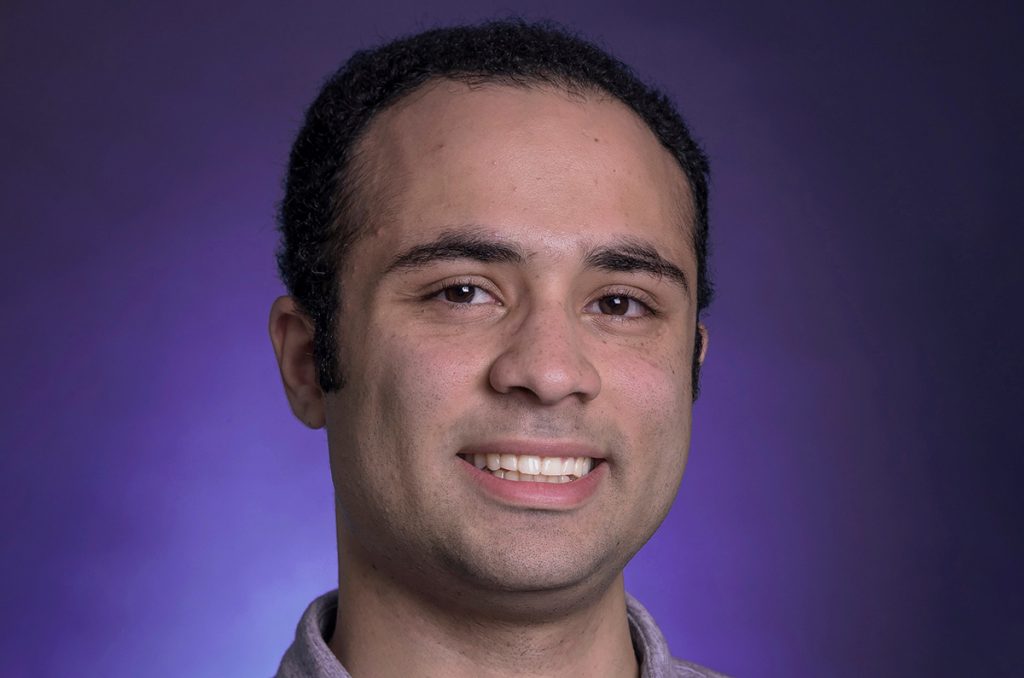
From ad credibility to shopping habits
Amir Tohidi is a Ph.D. candidate in the Social and Engineering Systems program at the MIT Institute for Data, Systems, and Society. He is also pursuing a PhD in Statistics through the Interdisciplinary Doctoral Program for Statistics, and he is affiliated with the Laboratory for Information and Decision Systems. He obtained his B.S in Physics and Electrical Engineering at Sharif University of Technology (2017).
Amir’s research combines economic and psychological insights with advanced computational methods in causal inference and machine learning to tackle important managerial problems or answer questions of general interest in the social sciences. Since Summer of 2021, he has also been actively collaborating with the World Bank on several research projects.
What is the focus of your research? What sort of knowledge and disciplines does it bring together? How will it make an impact?
Considered broadly, I am a Computational Social Scientist. My research is at the intersection of behavioral economics and applied causal inference. During my Ph.D., I have been working on a range of empirical social science problems. The common theme in all of these projects is using state-of-the-art statistical methodology to answer critical real-world problems, either by designing randomized experiments or leveraging observational data. The following two example illustrate the theme of my research and its potential impacts for firms and policy-makers.
In one of my projects, we explored how native ads impact news publishers’ credibility. Native advertising is a format of advertisement where the ads blend in with news and take the format and appearance of the non-advertising content that surrounds it. We find evidence that exposure to clickbait and political native ads significantly reduces readers’ perception of the publishers’ credibility. This requires online publishers and policy-makers paying closer attention to the ads that appear alongside online news, since they could be trading long-term credibility with short-term profit.
In another line of work, I study habit formation and how it affects decision making in different recurring contexts such as shopping and social media use. In one project, we empirically measure the effect of shopping habits, formed as a result of repeated purchases at the same grocery store, on households’ choices. To this end, we use store closures as a shock that partially disrupts households’ shopping behavior to identify the role of formed shopping habits in repeated brand purchases. We find that a significant fraction of households finds better alternative options which were missed before because of the bias caused by habits. These observations further demonstrate the downside of habits leading to the persistence of sub-optimal behavior. These results would have immediate implications for firms who could benefit from understanding (or discovering) these shopping habits, and also help policymakers design and implement more effective policies to promote healthy shopping habits.
What did you do before IDSS and why did you choose SES?
I did my undergrad in Sharif university of Technology, studying Physics and Electrical Engineering. I always loved math and wanted to be a physicist to study laws of nature using mathematical models. But halfway through my undergrad, after taking a number of Economics and Management courses, I became more interested in social sciences research because I realized the same mathematical models could be applied to study humans and society. At this point, SES was the perfect match for me because of its deep interdisciplinary nature. It allowed me to use my theoretical background while learning from Economists, Political Scientists, and Psychologists.
What are your favorite things about the IDSS and MIT communities? What do you do for fun?
The IDSS community and MIT more broadly is very inclusive and welcoming for international students like me. Furthermore, most of the people are very intellectually inclined such that you enjoy engaging in deep discussions with them. I have also had great experiences interacting with the faculty I know here. All of them are super nice and supportive, which is something, unfortunately, I know one cannot take for granted in grad school.
MIT also has a fantastic community of Iranian students and faculty. During my time here, I have made a lot of great friends who were extremely helpful, especially in the absence of my family.
For fun activities, I like playing soccer and tennis. I have a group of friends who regularly play soccer in MIT fields. The thing I like most about them is how dedicated and organized they are.



